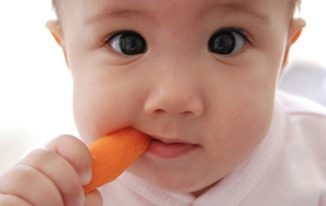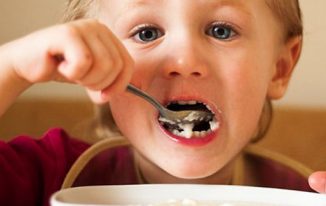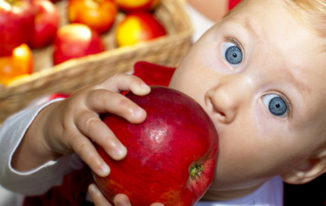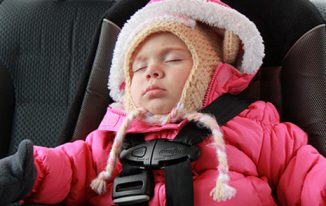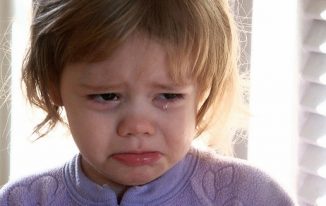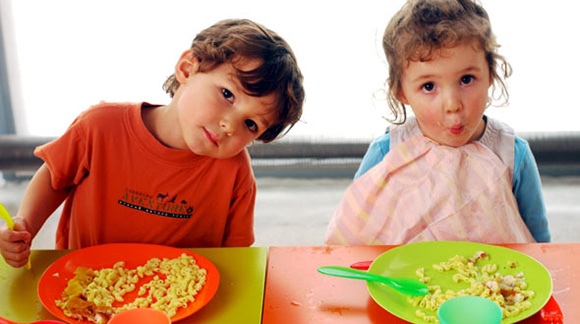
These days, food allergies among children has become very common. According to the U.S. Food and Drug Administration (FDA):
Food allergies affect about two percent of adults and four to eight percent of children in the United States, and the number of young people with food allergies has increased over the last decade, according to a recent report by the Centers for Disease Control and Prevention (CDC).
As food allergies vary from the mild, irritating symptoms to those that can be life-threatening, parents should not take food allergies lightly. According to the Food Allergy and Anaphylaxis Network (FAAN):
Approximately 30,000 Americans go to the emergency room each year to get treated for severe food allergies, according to the Food Allergy and Anaphylaxis Network (FAAN). It is estimated that 150 to 200 Americans die each year because of allergic reactions to food.
Young children may be susceptible to food allergies and allergic symptons may begin within minutes to an hour of ingesting food. Approximately 90% of all food allergies are caused by milk, eggs, wheat, soy, tree nuts, fish, shellfish, and peanuts.
When a parent says that their kid is allergic to certain types of food, make sure to seriously take note of this as some allergic reactions may be life threatening. However, there are still some uninformed parents who do not take food allergies seriously.
Below is the list of 7 insensitive things you should never say to a parent whose kid has food allergies.
1. “You’re exaggerating” or “It’s not that bad”. How do you know? When I say that my daughter can’t come into contact with one bread crumb, I mean it. If another parent says if their child even smells peanuts they will have a reaction, it’s true. I encourage you to read up on the differences between allergy/intolerant/sensitivity because too many treat allergies as sensitivities. There are huge differences.
2. “It’s inconvenient for me”. If your kid’s school is nut free and your kid wants their peanut butter sandwich at school, trust me, it’s not that bad of an inconvenience for you. Imagine how that family feels having to send their young child to school knowing they could die if someone in their class brings in that sandwich. Try to step out of your own shoes for once.
3. “They just need more exposure”. Ah, the myths — we don’t want them thrown in our face. Our kids will not ‘get over it’ by exposing them more to their allergen. It can actually do quite the opposite, the more exposure the more serious the reaction.
4. “I bet he will grow out of it”. They may or they may not — depending on what their allergy is. True allergies you don’t exactly grow out of, nor do you grow out of celiac disease. Intolerances and sensitivities, maybe, but never assume it’s not serious.
5. “Why should you?” You don’t want to show your true colors — being someone who can’t step outside yourself. Why should you? Because it’s someone’s child.
6. “I’ll sneak him a cookie”. A parent’s worst nightmare — someone who doesn’t take their food-issue seriously. Do not joke about.
7. “You’re not letting your kid be a kid”. I had a pediatrician tell me this once and was shocked. You don’t say this to a parent because we are letting them be a kid — a safe one. Substituting what cookie or food they eat is not making life any harder or less child-like for our kids.
Learning about food allergies, food safety, and kids is part of good parenting. If your child does not have any food allergies, consider yourself and your child lucky. However, please be mindful of other parents whose kids have food allergies as certain food allergies can really be fatal.
You can read up more about the list above from this really useful and informative article on Babble that was written by Devan McGuinness.
If you are so inclined to learn more about food allergies in children, you can check out these articles from the Children’s Hospital of Wisconsin and KidsHealth.org.
Do you know of a child who has any food allergies?

